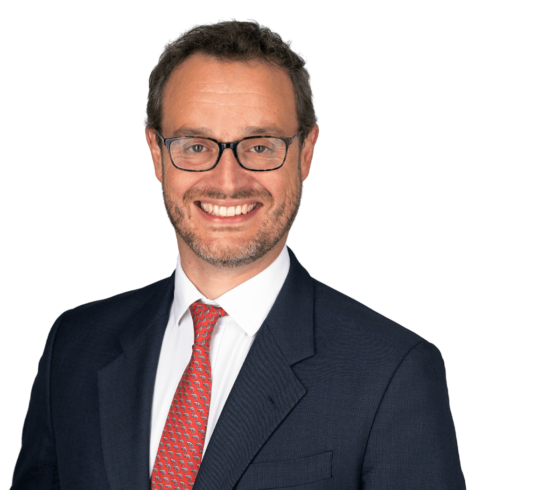Facts
The claimants (N and B) applied for judicial review of the defendant parish council's practice of saying public prayers at full meetings of the council.
Christian or Quaker-led prayers were said at the beginning of full meetings of the council. The meetings were held monthly and in public. All councillors were summoned to attend, facing penalties for regular non-attendance. The prayers were the first item on the agenda, followed by the taking of apologies for absence. Councillors attending the meeting but not the prayers would not be marked as absent. B, a councillor, was not a Christian and did not wish to participate in acts of religious observance. He twice proposed motions that the prayers should cease, each motion being rejected by a majority. N, a campaigning organisation, then took up the case. The issue was solely about whether prayers could be said as a part of the formal business transacted by the council at meetings to which all councillors were summoned. N and B did not object to prayers being said before meetings began, nor did they object to a short period of quiet contemplation during the meetings. Their objection was to the fact that there was a religious component to formal council business.
N and B submitted that the practice was outside the powers conferred by the Local Government Act 1972 s.111; breached the prohibition on religious discrimination in the Equality Act 2006European Convention on Human Rights 1950 art.9 and art.14. The council argued that no statutory authority was required for the saying of prayers, but if it were, the language of s.111 provided it; no councillor was made to attend or participate in the prayers; there was no discrimination; and prayers were justified as providing a fitting start to the meetings.
Held
(1) The council had neither the power to hold prayers as part of a formal council meeting, nor to summon councillors to a meeting at which prayers were on the agenda. The public saying of prayers as part of the formal business of the council required statutory authority, and such authority was not provided by s.111 of the 1972 Act. For the purposes of s.111 the question was whether the saying of prayers was "calculated to facilitate" or was "conducive or incidental" to the discharge of any of the council's functions. While the reasoned view of elected councillors would be persuasive, the question had to be judged objectively, and the courts had rejected an interpretation that would cover the incidental to the incidental, McCarthy & Stone (Developments) Ltd v Richmond upon Thames LBC [1992] 2 A.C. 48 considered. There was a contradiction in the council's position: it had made prayers a part of its formal business but did not require councillors to be present for them. In effect, the prayers were treated as being outside the scope of meetings. If it did not matter whether councillors attended for them, they could not be said to be "calculated to facilitate" or to be "conducive or incidental" to the discharge of council functions. If council meetings became partial gatherings of those councillors who shared a particular religious outlook, s.111 could not be satisfied. The same objection did not apply to a few minutes of silent reflection on the duties ahead. The 1972 Act was not to be interpreted as permitting the religious views of one group of councillors to exclude, burden, or mark out those who did not share those views (see paras 19-20, 22-26, 30, 33, 80 of judgment). (2) (Obiter) The question of discrimination would only arise were the saying of prayers as part of the formal council meetings lawful. It would therefore be considered on the basis that the foregoing conclusion was wrong. The practice was not one which was applied to B, he being free to choose not to attend for prayers. Nor was he put at a disadvantage by it. There had to be a certain threshold before something could be described as a disadvantage. While the disadvantage did not have to be "exceptional", it had to be identifiable and more than objectively insignificant, R. (on the application of Watkins-Singh) v Aberdare Girls' High School Governors [2008] EWHC 1865 (Admin), [2008] 3 F.C.R. 203 and Eweida v British Airways Plc [2010] EWCA Civ 80, [2010] I.C.R. 890 considered. While B might feel uncomfortable by arriving after prayers, staying in silence or leaving, that was of no real significance and was not a discriminatory disadvantage. Furthermore, if accepted to be lawful under s.111, the practice was a proportionate means of meeting a legitimate aim. There would thus be no unlawful discrimination (paras 47-49, 51-54, 57, 60-64, 80). (3) (Obiter) Again, the human rights issue would only arise were the practice of saying of prayers lawful. The court could not see that B's art.9 rights would be infringed by the embarrassment he felt. Moreover, the notion that the question of whether prayers could be said at a council meeting should turn on whether an elected member's human rights were infringed suggested that the true answer was to be found in a proper construction of s. 111 of the 1972 Act (paras 74, 79-80).
Application granted.
Comment
A parish council's practice of saying prayers as part of the formal business of full meetings of the council was unlawful, there being no statutory power permitting it.
Share:




